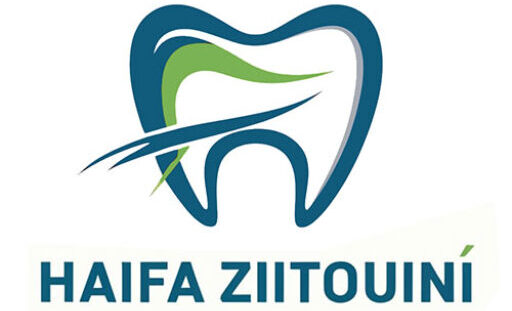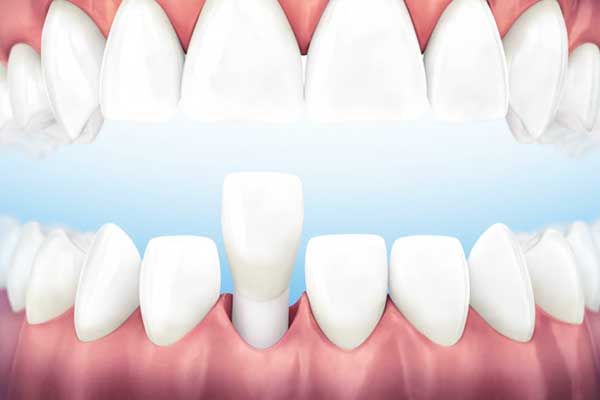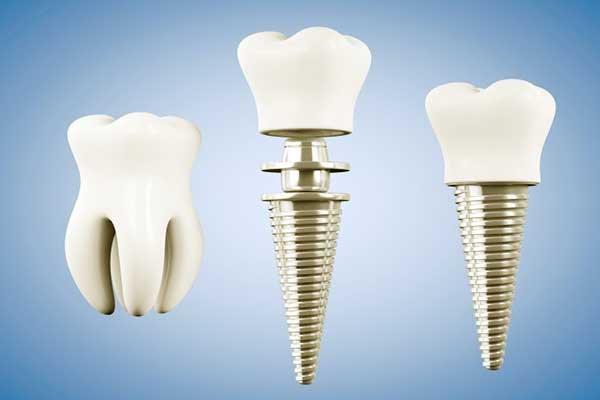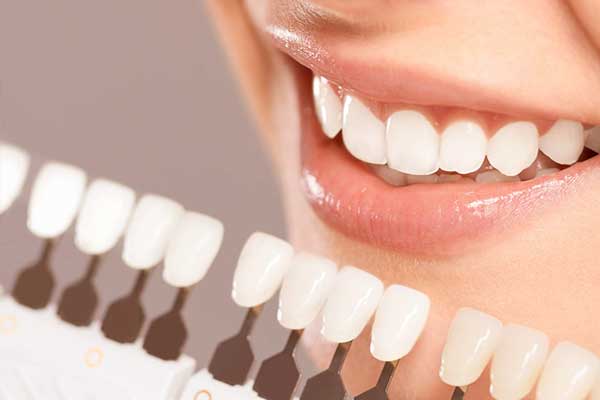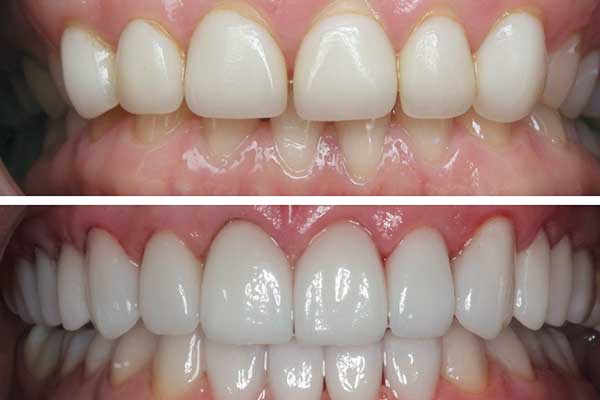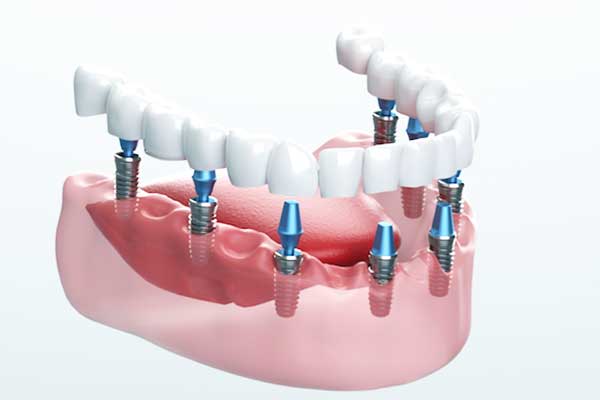Navigating Exploratory Dental Surgery: A Comprehensive Guide
Exploratory Dental Surgery
Exploratory dental surgery can sound daunting, but it’s often a crucial step in diagnosing and treating complex dental issues. Whether you’re dealing with unexplained pain, abnormal growths, or other dental anomalies, exploratory surgery can provide answers and pave the way for effective treatment.
This comprehensive guide will walk you through everything you need to know about exploratory dental surgery, including the process, benefits, costs, and frequently asked questions.
Are you looking for the best dental treatment and cosmetic services in Turkey?
Experience, success experiences, and special prices…………………………………….. …..?
Let us help you get healthy, beautiful teeth
What is Exploratory Dental Surgery?
Exploratory dental surgery involves a detailed examination of the teeth, gums, and jawbone to diagnose underlying dental issues that aren’t detectable through routine exams or imaging. This type of surgery allows dentists to directly observe and address problems that could be causing pain or other symptoms.
Why You Might Need Exploratory Dental Surgery
Persistent Pain
When dental pain persists despite conventional treatments, exploratory surgery can help identify the root cause, whether it’s hidden decay, nerve issues, or other problems.
Unusual Growths
Unexplained lumps or growths in the mouth may require surgical exploration to determine their nature and decide on the appropriate treatment.
Failed Previous Treatments
If previous dental treatments haven’t resolved the issue, exploratory surgery might be necessary to uncover underlying problems.
The Exploratory Dental Surgery Process
Initial Consultation
Your journey begins with an initial consultation where the dentist will review your medical history, conduct a thorough examination, and discuss your symptoms. This step is crucial for determining whether exploratory surgery is needed.
Pre-Surgery Preparation
Before the surgery, you may need to undergo certain tests, such as X-rays or CT scans, to provide the dentist with more detailed information. You’ll also receive instructions on how to prepare for the surgery, including fasting or medication guidelines.
The Surgical Procedure
- Anesthesia: The surgery typically starts with the administration of local or general anesthesia to ensure you are comfortable and pain-free.
- Incision and Exploration: The dentist makes an incision to access the area of concern. Using specialized instruments, they will explore the area to identify the problem.
- Diagnosis and Treatment: Once the issue is identified, the dentist may treat it immediately if possible. This could involve removing decay, addressing nerve issues, or biopsying abnormal growths.
- Closing and Recovery: The incision is closed with sutures, and you will be given post-operative care instructions to aid in your recovery.
Post-Surgery Care
Proper aftercare is essential for a smooth recovery. Follow your dentist’s instructions regarding medication, diet, and activity restrictions. Regular follow-up appointments will ensure that your recovery is on track and any further treatment needs are addressed.
Benefits of Exploratory Dental Surgery
Accurate Diagnosis
Exploratory surgery provides a direct view of the problem area, leading to more accurate diagnoses and effective treatment plans.
Immediate Treatment
In many cases, the underlying issue can be treated during the exploratory surgery, reducing the need for multiple procedures.
Pain Relief
By identifying and addressing the root cause of dental pain, exploratory surgery can provide significant relief and improve quality of life.
Cost Comparison of Exploratory Dental Surgery
The cost of exploratory dental surgery can vary widely based on location, complexity, and the specific procedures involved. Here’s a comparison of average costs in different regions:
| Region | Average Cost (USD) |
|---|---|
| USA | $1,500 – $5,000 |
| UK | £1,200 – £4,000 |
| Europe | €1,000 – €3,500 |
| Turkey | $700 – $2,000 |
Frequently Asked Questions (FAQs)
What are the risks of exploratory dental surgery?
Like any surgical procedure, exploratory dental surgery carries risks such as infection, bleeding, and nerve damage. However, these risks are minimized when performed by experienced professionals.
How long is the recovery period?
Recovery time varies depending on the complexity of the surgery. Generally, you can expect a recovery period of a few days to a couple of weeks. Your dentist will provide specific aftercare instructions to facilitate healing.
Will I be awake during the surgery?
The type of anesthesia used depends on the procedure and your comfort level. Local anesthesia numbs the area while keeping you awake, whereas general anesthesia puts you to sleep during the procedure.
How do I prepare for exploratory dental surgery?
Preparation may include fasting, arranging transportation, and stopping certain medications. Your dentist will provide detailed instructions based on your individual needs.
Can exploratory dental surgery detect cancer?
Yes, exploratory surgery can help detect abnormal growths and tissues. If cancer is suspected, a biopsy will be taken and sent for laboratory analysis.
Is exploratory dental surgery covered by insurance?
Coverage varies by insurance plan. It’s essential to check with your insurance provider to understand what is covered and any out-of-pocket expenses you may incur.
Conclusion
Summary of Key Points
Exploratory dental surgery is a valuable tool for diagnosing and treating complex dental issues that are not easily detectable through routine exams. It offers accurate diagnosis, immediate treatment, and significant pain relief.
Encouragement for Patients
If you’re experiencing persistent dental issues or have concerns that haven’t been resolved through conventional treatments, exploratory dental surgery could be the solution. Consult with your dentist to determine if this procedure is right for you.
Contact Information for Top Clinics
- Laviva Clinic: Website, Email: [email protected], Phone: +90 531 258 28 47
